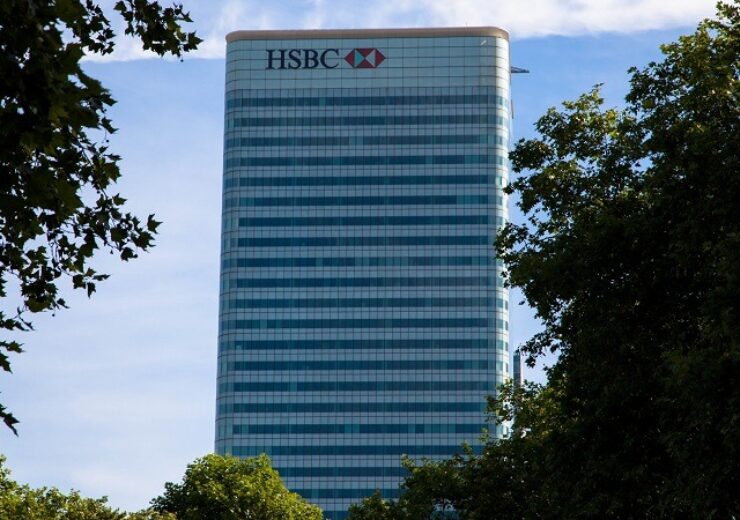HSBC has reported its profit after tax of $4.91bn, or $0.21 per diluted share, for the first quarter ended 31 March 2019, a 31.4% increase compared to $3.73bn, or $0.15 per diluted share, for the same quarter in the previous year.

HSBC headquarters, London. (Credit: HSBC Group)
In the fourth quarter 2018, HSBC reported profit after tax of $2.09bn.
Its reported revenue for the first quarter increased by 5% to $14.42bn from $13.71bn in the same quarter of 2018 owing to positive market impacts and disposal gains.
The bank’s reported operating expenses came down by 12% to $8.22bn. HSBC attributed it to net favorable movements in significant items, with the Q1 2018 seeing a charge of $900m for settlements and provisions related to legal and regulatory matters.
The bank said that the reduction in operating expenses was offset partly by an increase in expenditure on investments to grow the business, including improvements in its digital capabilities.
In its retail banking and wealth management (RBWM) business, HSBC’s adjusted profit before tax was $2.2bn, which is 19% higher than what was reported in the same quarter in the previous year.
The adjusted revenue in RBWM moved up 10% by $500m to $6bn, with growth mainly in retail banking which saw a revenue growth by 11% to $3.9bn. In wealth management, revenue growth was 8% to $1.9bn.
In the commercial banking business, adjusted profit before tax for the banking giant was $2bn, which is 1% lower than in Q1 2019. Adjusted revenue grew 11% to $3.9bn owing to growth in all major products and in all geographies.
In its global banking and markets division, HSBC’s adjusted profit before tax was $1.6bn, which is more or less the same as what was in Q1 2018. Adjusted revenue surged 3% to $4.06bn from $3.95bn in the same quarter of 2018.
HSBC CEO John Flint said: “Our three main global businesses performed well. Retail Banking and Wealth Management generated a significant increase in adjusted revenue on the back of higher lending and deposit balances, notably in the UK and Hong Kong, and from positive market impacts in insurance manufacturing.
“Commercial Banking delivered a double-digit increase in adjusted revenue, owing mainly to our continued strength in transaction banking, with growth across all regions.
“Global Banking and Markets adjusted revenue was up relative to a strong first quarter last year, with favourable movements on credit and funding valuation adjustments and growth in transaction banking more than offsetting the impact of economic uncertainty on our Global Banking, equities and fixed income businesses.”
